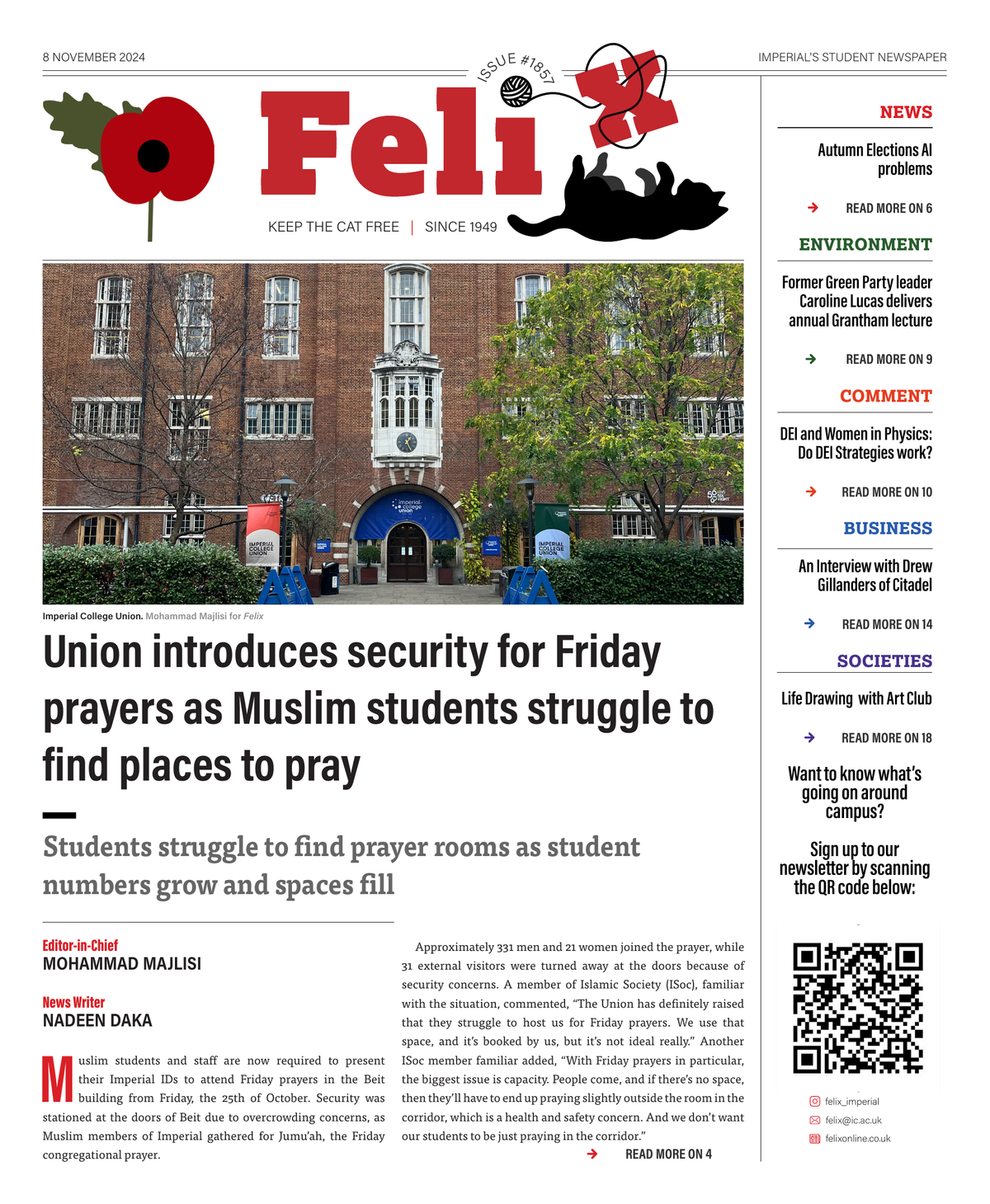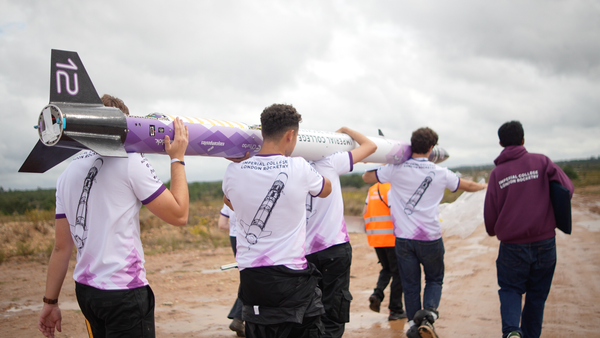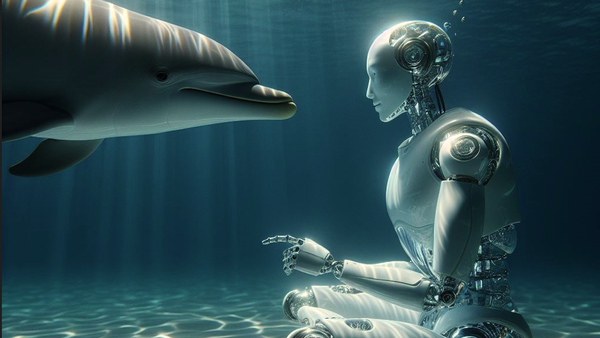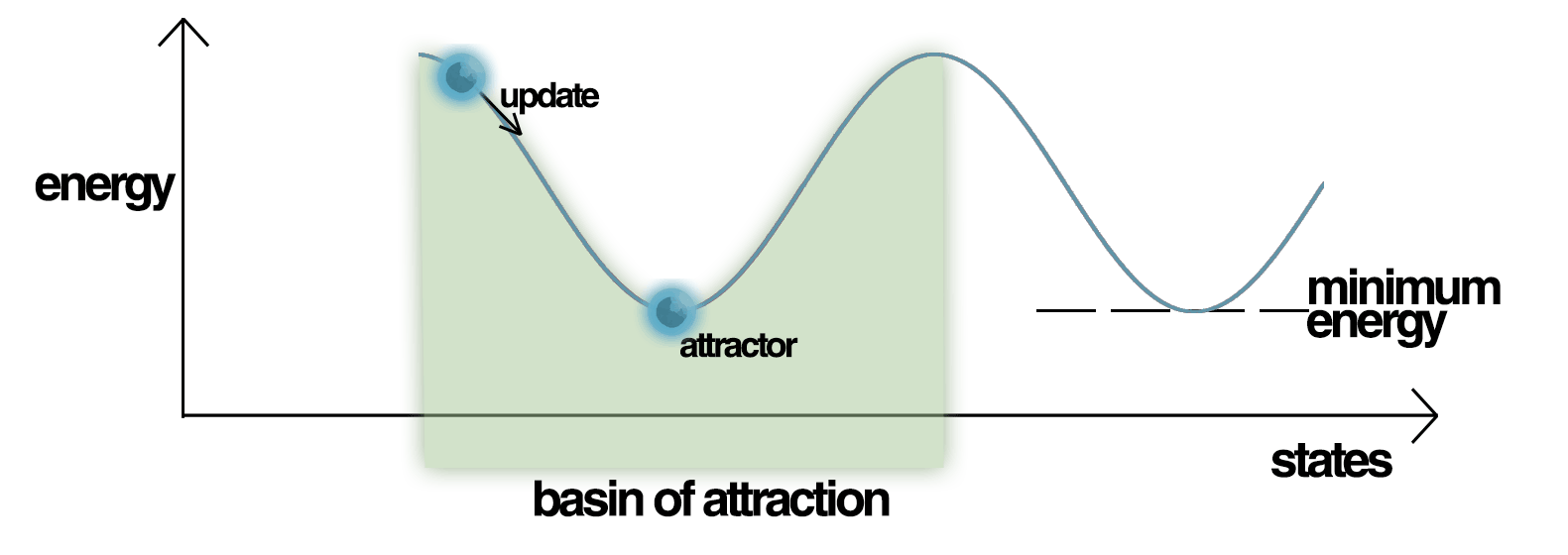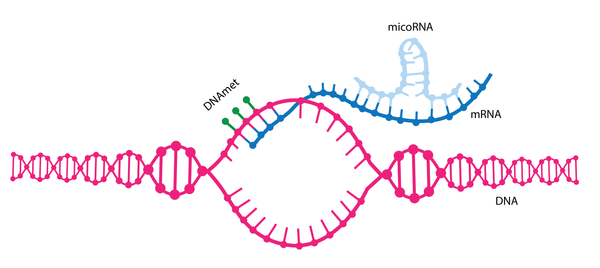A future with decentralised science
Promoting equity and transparency in scientific research and healthcare data storage.
Decentralised Autonomous Organisations (DAOs) are entities operating through smart contracts on a blockchain, enabling members to participate in governance and decision-making without a central authority. DAOs are built on the principle of decentralisation, granting equal decision-making power to all members, and relying on transparent, community-driven voting processes.
This democratic structure eliminates hierarchical control ensuring every member has an equal voice. The blockchain’s transparency and traceability foster trust among participants, with the automation of operations enhancing efficiency by removing intermediaries and enabling real-time decision implementation.
DAOs use decentralised blockchain technologies for funding and data sharing. In a DeSci framework, DAOs manage research funding, ensuring transparent and democratic resource allocation. Researchers, institutions, and independent scientists can propose projects following which DAO members vote on which projects receive funding, thereby democratising resource allocation. Additionally, DeSci promotes open access to research data and findings. By storing and sharing data on a blockchain, the information becomes publicly accessible and immutable, reducing the risk of data manipulation or concealment. The concept of a DAO has been recognised in major journals like Nature Biotechnology and recently in Frontiers in Blockchain.
VitaDAO and AthenaDAO are prominent examples of DeSci in research funding. VitaDAO focuses on longevity research, currently raising funds to launch two start-ups, Matrix Bio and Artan Bio. AthenaDAO funds women’s health research. On the other hand, ValleyDAO, partnering with Imperial College London, advocates for sustainability research projects. This is just the tip of the iceberg and there are many more examples shown below.
Genomes.io is a genomic cybersecurity company co-founded by Aldo de Pape (CEO) and Imperial College London alumnus, Dr Mark Hahnel (CSO). Genomes.io uses DeSci to ensure security of their users’ genomic and healthcare data.
Eldrian talked to the CEO of Genomes.io about the importance of DeSci to the company’s mission. “At Genomes.io, we have a clear mission: to build the world’s largest user-owned genomics database. We believe that individuals should have complete control over their genomic data, addressing critical issues that often get overlooked; privacy, security, and ownership concerns related to DNA analysis and sharing.
The DeSci narrative helps us to find other organisations who have a similar mission and allows us to start advantageous partnerships that can grow our offerings and communities.”
The end of 2024 has seen a record number of cybersecurity hacks, mirroring trends from 2023. This includes the November 2023 hack on genetic testing company 23andMe, where 7 million users’ healthcare data were leaked, reported alarmingly to have been orchestrated against users of Ashkenazi Jewish and Chinese descent.
Similarly in June 2024, a Russian cyber-criminal group hacked the NHS, resulting in 400 GB of private patient data being shared on the dark net. Two NHS Trusts greatly affected by the hack was King’s College and St Thomas’ Hospital.
These incidents highlight the sensitivity of genomic and healthcare data, which can reveal genetic ancestry and predispositions to diseases.
Genomes.io’s use of decentralised blockchain technologies allow users to take full ownership of their health data. Those users who invest in their health by generating ancestry and health reports are rewarded for their time with cryptocurrency tokens.
Decentralised science is a new avenue integrating blockchain technology and science to solve some of the most challenging problems underlying life science research in both academia and industry. The DeSci movement has been explosive and has seen the formation of dedicated communities like DeSci London, DeSci Scotland and DeSci Seoul. Effective science communication and education is key to growing these initiatives!
Aldo de Pape commented: “As the DeSci narrative grows - through conferences, events, and alliances organised all over the world - it will allow us to better position ourselves assuring a vast uptake of people and companies who share the same ethos of data sovereignty”.
DAOs promote values such as generosity, intellectual rigour, critical thinking, and honesty. If you would like to get involved, ImperialDAO’s activities consist of several verticals and serve as the governing body of the Blockchain Society at Imperial, which currently unites over 600 members. It consists of projects including the Angel Syndicate, developer hubs, research, and networking events.
For those interested in an inclusive and transparent system, DAOs present a compelling choice.
Competing Interests: Eldrian Jiat Yang Tho is a former employee at Genomes.io and holds memberships in major DeSci organisations, including Genomes.io, VitaDAO, AthenaDAO and ValleyDAO. Angela Meilan Farese is a member of ImperialDAO.

